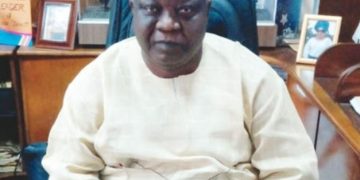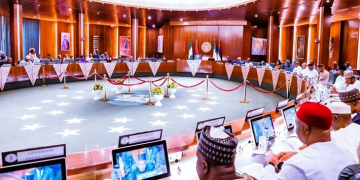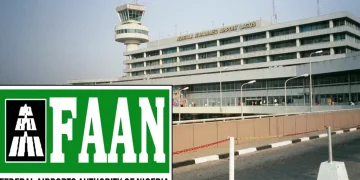To capture the voices of those directly affected by the escalating terror attacks in Katsina State, I engaged with local residents, security officials, researchers, and NGO practitioners. Their accounts reveal a disturbing consensus: the unchecked violence in North-West Nigeria has pushed farmers across 20 local government areas in Katsina State into signing truces with armed groups. What is unfolding is not resilience — it is a surrender to state failure.
A farmer from Katsina told me they agreed to the terms dictated by terror groups simply to remain alive and access their farmlands. Their choice was not voluntary; it was an ultimatum shaped by fear and the absence of state protection. According to an NGO official working extensively across the region, forcing farmers to negotiate with bandits is neither a peace effort nor a breakthrough. Instead, it is a damning indictment of the Nigerian state — a situation where citizens must negotiate their safety because the state has failed in its constitutional responsibility to safeguard them.
A senior security official I interviewed emphasized that truces imposed by armed actors must never be mistaken for peacebuilding. They represent survival under coercion — a last-resort tactic adopted by communities abandoned by institutions meant to protect them.
Furthermore, conflict researchers in Katsina expressed deep concern over the state’s tolerance of this dangerous trend. Allowing communities to negotiate with violent groups for the right to farm, trade, or sleep safely normalizes illegitimate authority and emboldens non-state actors. They warn that the state must reclaim its core mandate and ensure no community is compelled to accept the dictates of terror groups disguised as “peace arrangements.”
The findings from these engagements reveal a deeper and unsettling reality: the Nigerian state is gradually losing its capacity to protect its people — not because solutions are absent, but because political will remains inconsistent, selective, and insufficient. In many rural communities, armed groups communicate more frequently, more clearly, and more authoritatively than the government.
From a communication theory standpoint, this is catastrophic. When state communication becomes weak, irregular, or nonexistent, non-state actors fill the vacuum — reshaping public perceptions of authority, legitimacy, and power.
This moment is more than a security breakdown. It is a communication collapse, a governance malfunction, and a legitimacy crisis occurring simultaneously. What is emerging resembles coercive local governance, where power is negotiated under asymmetric conditions rather than anchored in law, rights, or institutional trust. Nigeria is paying a steep price for allowing public safety to deteriorate into a full-blown national security emergency.
A nation where farmers must negotiate their right to survive is a nation drifting toward normalized insecurity — a perilous trajectory that must be reversed through urgency, honesty, and unwavering political will.
Audu Liberty Oseni, PhD
Director, Centre for Development Communication







































